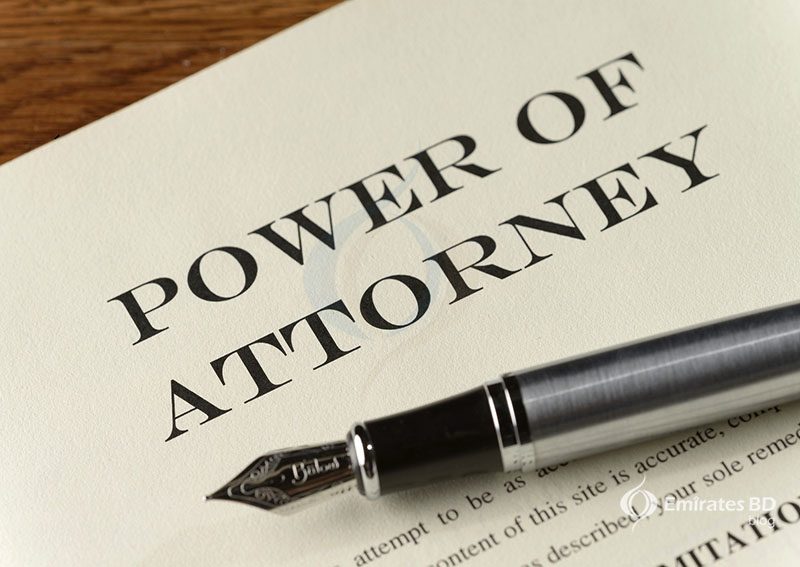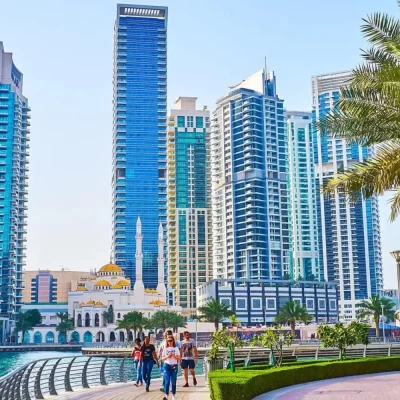From entrusting powers for the management of a company to carrying out just about anything for and on behalf of the main owner, a Power of Attorney (POA) is an instrument of delegation of powers for the legal authorisation of any person to represent you. In this write up, we have put together major questions with answers on the totality of what a Power of Attorney is and what it constitutes-so here we go.
What can a Power of Attorney do?
A Power of Attorney can handle various matters depending on the requirements. For example, in real estate management, a Power of Attorney is used when one or both parties are unavailable and someone else is required to represent the other to finalise the property transaction. A Power of Attorney is one practical way of ensuring that documents are signed without the presence of the concerned party in person.
What are the advantages of issuing a Power of Attorney?
Issuing a POA to a trusted representative means you can focus on other things while the bearer carries out the function for which the POA was issued. It saves time, money, energy and lots more. You will not need to travel every time an action needs to be taken in respect to the purpose of the POA.
Many tourists purchase properties in the UAE and the process of sale takes a while before a Title Deed is received. This is one reason why many buyers prefer to give a Power of Attorney so that all the formalities can be carried out on their behalf. However, it should be noted that there are limitations when dealing with a property under a Power of Attorney.
What is required to issue a Power of Attorney and can I issue it to anyone?
A Power of Attorney can be issued by anyone that has reached the age of majority, that is, the legal age. In most countries the age varies between 16 to 18 and 21 years old. The laws of the country will have to be consulted to know the prescribed legal age. In the UAE, the legal age of majority is 21 in most emirates. Likewise, anyone can be appointed as an Attorney provided, he/she is of the legal age and is mentally capable to execute the purpose of the Power of Attorney.
What risks should I be mindful of when issuing a Power of Attorney?
Before appointing any person to act under an issued Power of Attorney, you must ensure that such person is trustworthy and able to fulfill the duties just as you will want it.
Anyone instructed as your Attorney via a Power of Attorney is practically the same as you legally, bearing in mind that, decisions taken under the application of the Power of Attorney becomes legally binding. The major thing to look out for is that the person is equipped with the trust, knowledge, skill and experience required to get the job done.
Having said that, there are different types of Power of Attorney and understanding what each entails is a ladder to giving the right Power of Attorney to the right person.
What are the different types of Power of Attorney in the UAE?
The major forms of Power of Attorney are ‘General’ and ‘Special’. A general Power of Attorney enables the holder to act in a broad capacity, whereas a special Power of Attorney grants powers for specific purposes. An example of a Special Power of Attorney will be for the operation of the company’s bank; meanwhile the managerial power of the company is not delegated in the POA. The risk involved in a special power of Attorney is lower to that of a General Power of Attorney.
To what extent am I protected after giving a POA?
Simply put, the type of Power of Attorney you give determines the level of protection you can have. A Power of Attorney given can only be used for what it has been authorized to do. In this light, whatever you don’t want done, don’t include in the Power of Attorney.
A Power of Attorney in the UAE is to be executed before a Notary Public, or a practicing lawyer, which means that you cannot deny the fact that the power(s) contained in the documents was never delegated.
What is the Validity of a Power of Attorney, does it have a termination period like a contract?
Usually, a Special Power of Attorney will only be useful for the purpose for which it was given. As soon as the transaction is complete, it automatically lapses. For a general Power of Attorney, the termination will come after it has been revoked or expires according to its provisions. The duration of a Power of Attorney can also be determined by the laws of the country.
Is it possible for me to re-issue a Power of Attorney that has expired for the same purpose?
Generally, yes. A Power of Attorney that has expired and originally issued in the UAE can be re-issued for about AED 300. A copy or original of the previous POA will be required.
Can I revoke a Power of Attorney?
Again the answer is Yes. You can revoke a Power of Attorney anytime. A revocation letter needs to be written and signed after notifying the bearer of the Power of Attorney of his intention.
In Dubai emirate, what is the process of issuing a Power of Attorney?
As long as the person issuing the Power of Attorney is of the right mental capacity and legal age, there is nothing much to it, except that it should be notarized by the Notary Public if it’s for use in the UAE.
However, if the Power of Attorney is for use elsewhere, then the POA must be attested at the Ministry of Foreign Affairs and at the embassy of the country where the bearer is resident. The time frame for notarising a Power of Attorney depends on the amount of people waiting at the time you approach the Notary public but majorly, it shouldn’t be more than one (1) hour.
If the issuer of the POA is in another country and the bearer is in the UAE, the same process will be followed, that is, the POA is legalized by appending the signature before the Notary Public and attesting it at the UAE embassy in the country where the issuer is domiciled. Once the Power of Attorney is legalised overseas, it would also need to be attested at the UAE Ministry of Foreign Affairs. The applicable fee is AED 150 for a personal / individual Power of Attorney and AED 2000 for corporate bodies.
Is a Power of Attorney a substitute for a Will?
No. A Power of Attorney is not a substitute for registering a Will for the protection of Assets in the UAE. One major mistake people make is that, they issue a Power of Attorney to someone they can entrust their properties to during their lifetime and assume it can take the place of a Will. This is a wrong move, as the Power of Attorney terminates where the drafted Will starts off. A power of Attorney automatically terminates upon the death of the giver while a Will can only be brought to life and be executed upon the death of the testator (owner of assets).







